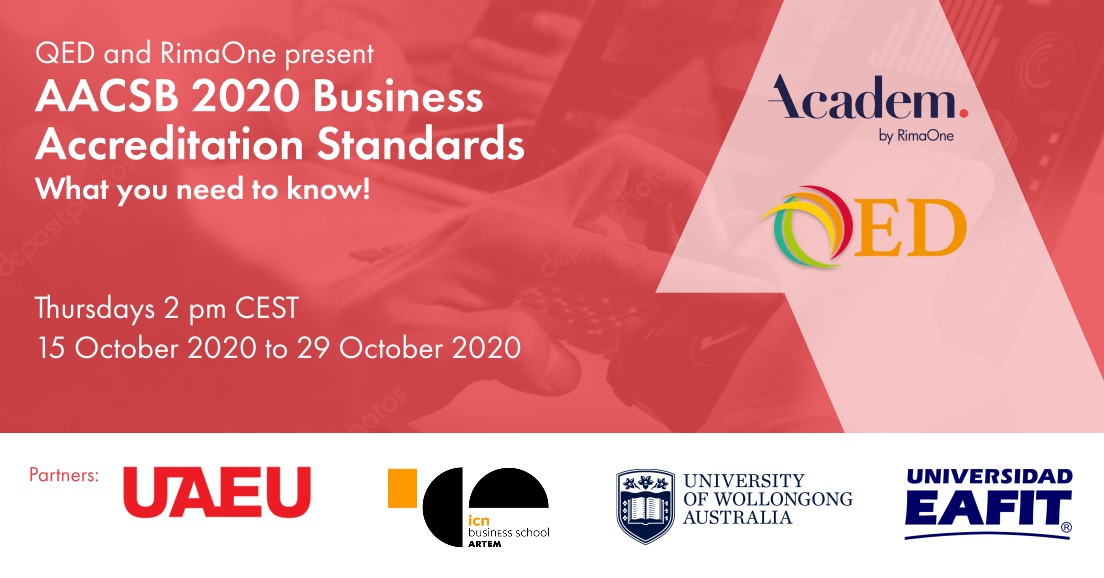
Using their combined expertise and knowledge, QED and RimaOne are partnering to provide a series of three webinars, covering the new AACSB 2020 Business Accreditation Standards. Whether you’re preparing for initial accreditation, or for a continuous improvement review, these webinars will provide a practical insight into the new standards.
The webinars will last 45 mins to an hour (including time for Q&A) and will provide an overview of some of the key changes arising, together with practical examples and advice of how schools should or can prepare. Registration is free and participants are encouraged to submit questions in advance.
All webinars will start at 1pm Central European Time.
Webinar 1: What do the changes mean for you?
Guest Speaker: Frank Bostyn – Dean UAEU & Board Member AACSB
Date: October 15th 2020
AACSB’s 2020 Business Accreditation Standards were approved in Summer 2020. Our first webinar is focused on providing an overview of the changes (both in terms of the standards and the related processes). Key topics include:
- Summary of new standards & comparison with 2013 standards
- What stays the same? What has changed?
- Process changes overview – including transition arrangements
- Scoping (including collaborative provision)
Register for Webinar 1 here
Webinar 2: Faculty Qualifications and Sufficiency (Standard 3)
Guest Speaker: Sarah Vaughan – Associate Dean Accreditations, ICN Business School, France.
Date: October 22nd 2020
The second webinar in the series focuses on Standard 3 (Faculty and Professional Staff Resources) with particular emphasis on Faculty Qualification and Tables 3.1 and 3.2 (previously 15.1 and 15.2). Key discussion points include:
- 2013 vs 2020: What stays the same? What has changed?
- Key points to consider when transitioning to Tables 3.1 and 3.2 (old tables 15.1 and 15.2)
- The focus on ‘discipline’ rather than ‘department’ or ‘subject group’ within the 2020 Accreditation Standards.
Register for Webinar 2 here
Webinar 3: Assurance of Learning
Guest Speakers: Venkata Yanamandram (Associate Professor and Director of AoL, University of Wollongong, Australia) and Sara Isabel Marin-Zapata (International Accreditations, Universidad EAFIT, Columbia)
Date: October 29th 2020
Our final webinar in the series takes an overall look at Standard 5 (Assurance of Learning). In this we talk about the changes in language within the new standards, and the importance of taking time to really define the learning competencies for each programme. Key areas include:
- 2013 vs 2020: What stays the same? What has changed?
- Table 5.1 (“new” Assurance of Learning table)
- Microlearning Credentials: what do I need to know?
- Non-degree Executive Education: what’s required?
- Latest insights into the moves by AACSB to allow leverage of work done for National/Regional Regulatory bodies.
Register for Webinar 3 here
For advice and further details on any of the above, please contact the QED Accreditation Team at info@QEDaccreditation.com.
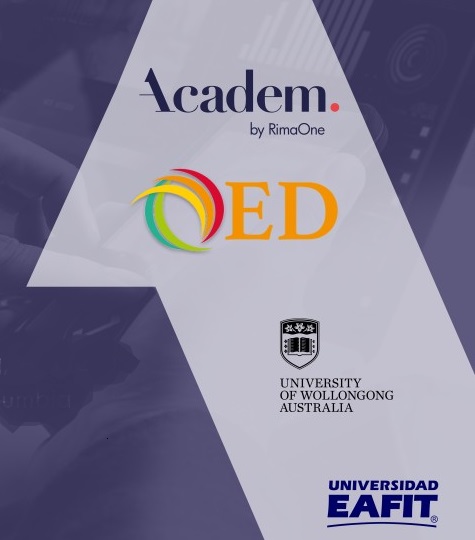


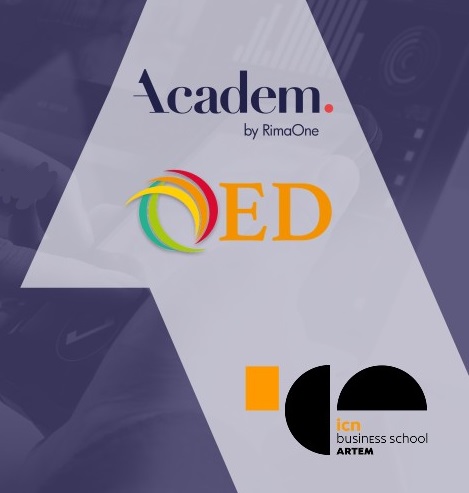
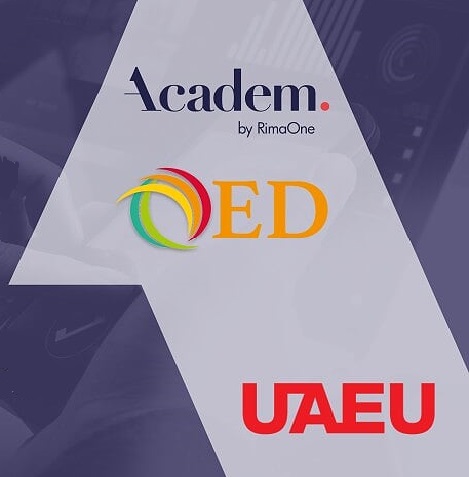

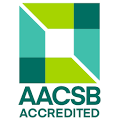
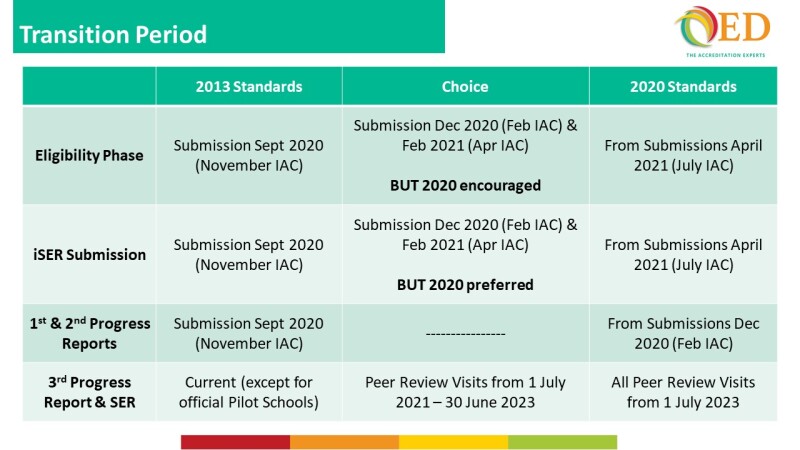
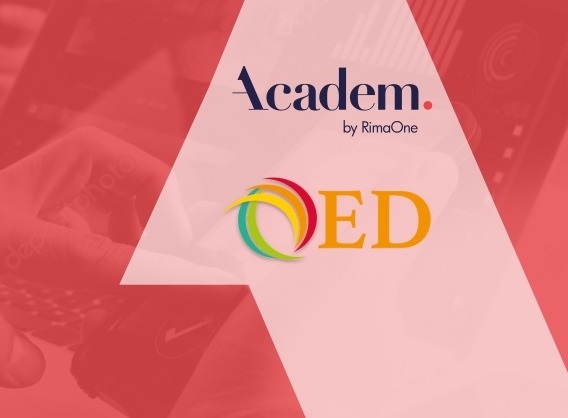

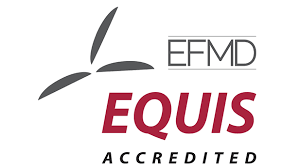



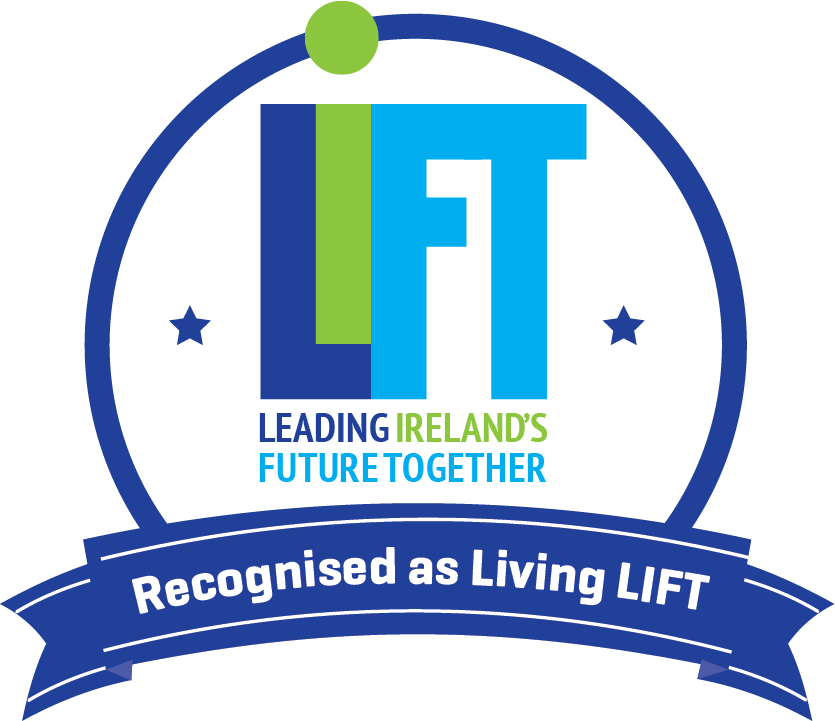
Recent Comments